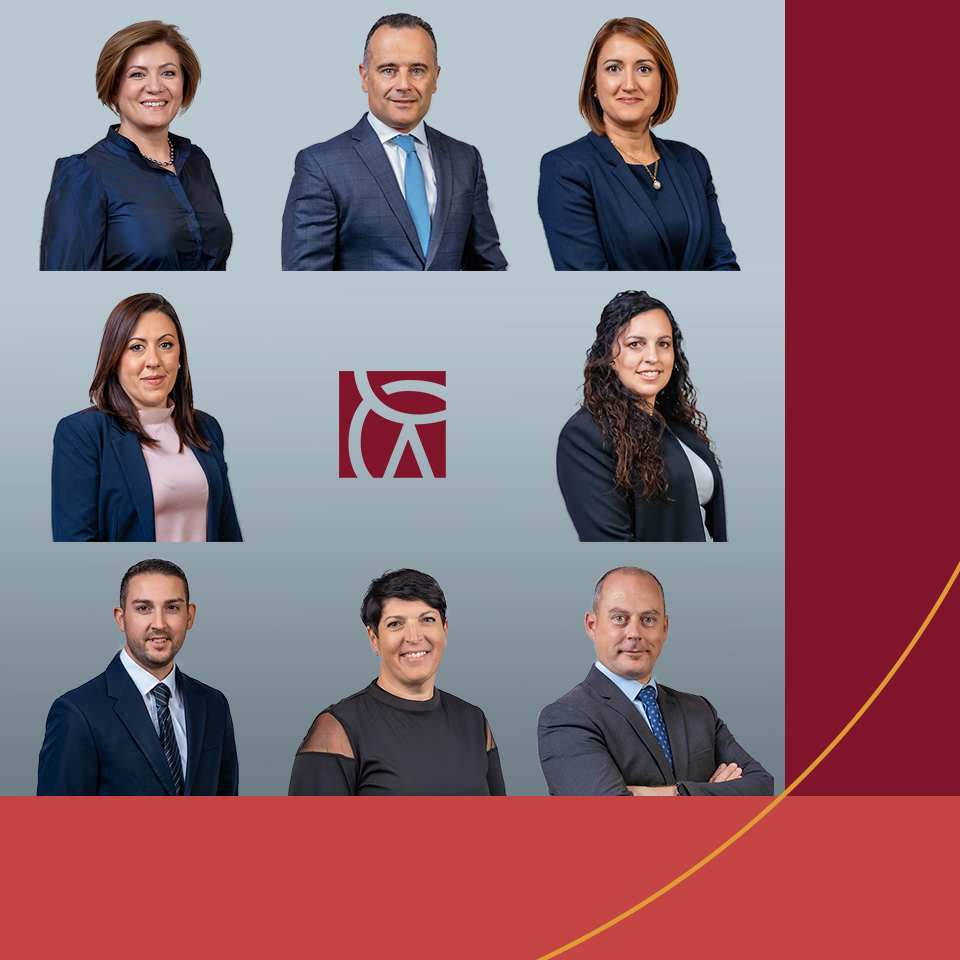Malta, Gozo and Comino, the inhabited islands of the Maltese archipelago, lie at the geographical heart of the Mediterranean Sea. Malta presents an optimum setting for various international elements that unite in a multicultural setting. With Sicily merely 60 miles to the North, Tripoli 220 miles to the South and Tunis 200 miles to the West, Malta is virtually at the crossroads of two major continents.
Malta’s strategic position has made it a hub for international trade, business, manufacturing and services. Its history as a hub for trade and business dates as far back as the Phoenicians in the first millennium B.C. The country’s solid maritime and commercial background has led to today’s favourable industrial climate which, together with a pro-business environment, makes Malta an ideal location for foreign direct investment. Economic and political stability, healthy industrial relations and competitive costs have been the pillars sustaining the success stories of many foreign companies for the last 40 years.
Malta presents a wealth of opportunities with a solid legal and IT infrastructure that enables the industry to adapt and evolve in a quick manner and to respond to the fast paced global financial climate. Malta offers tax incentives aimed at attracting foreign direct investment both from private high net worth clients and multinational corporations.
Personal and corporate tax incentives ensure that Malta remains an attractive jurisdiction to use in international corporate structuring opportunities. In turn, good legal and IT infrastructure ensure smooth day-to-day running of Malta-based operations while a growing professional workforce and a bi-lingual population ensures a healthy pool of human resources for organisations and support services.
With a strong sense of commitment to increase its role in the international arena, Malta’s main regulatory institutions strive to be open to new business ventures by adapting traditional business models to new concepts that characterise the most recent trends in the economy.
Since 2004 Malta is a full member of the European Union and has successfully adopted the region’s common currency in 2008, increasing the country’s attractiveness for trade as a result of joint monetary policies.
Well-regulated financial services and a cautious banking sector has mitigated the negative impact caused by the current global economic downturn, while an ever-increasing disposition to foreign investment is expected to equally sustain future growth.















